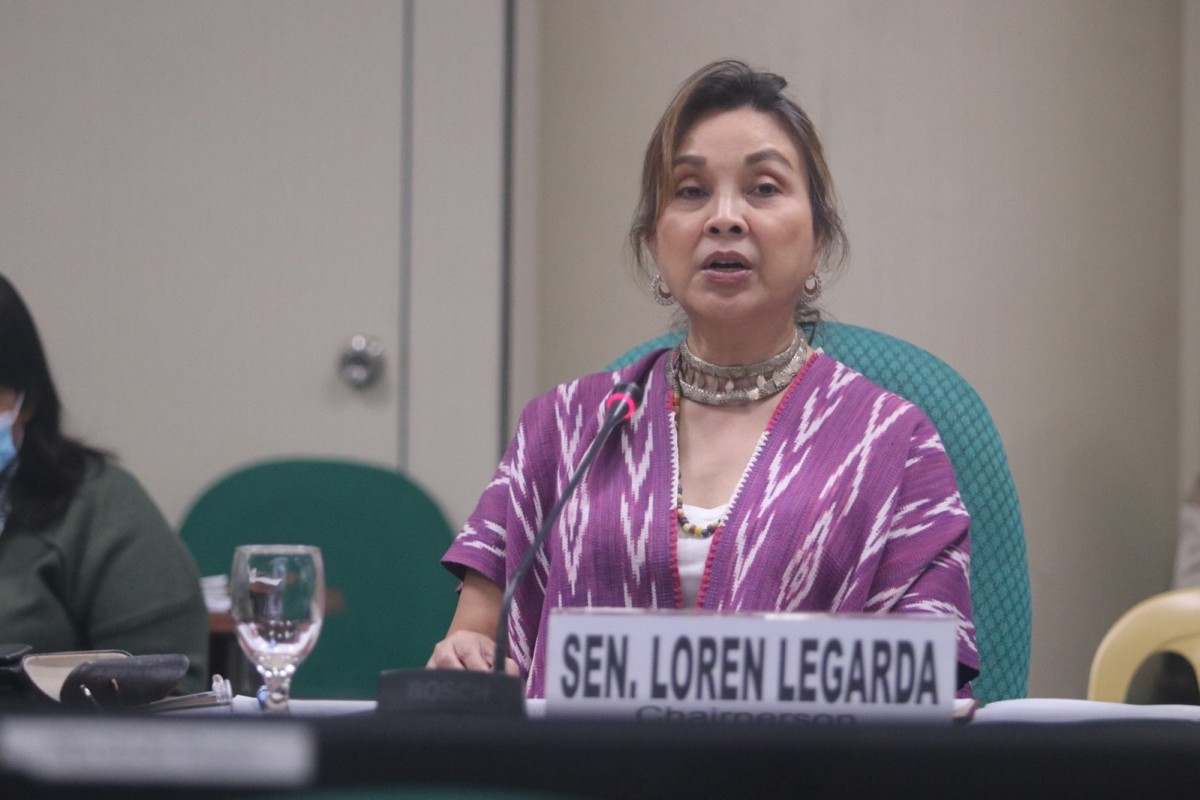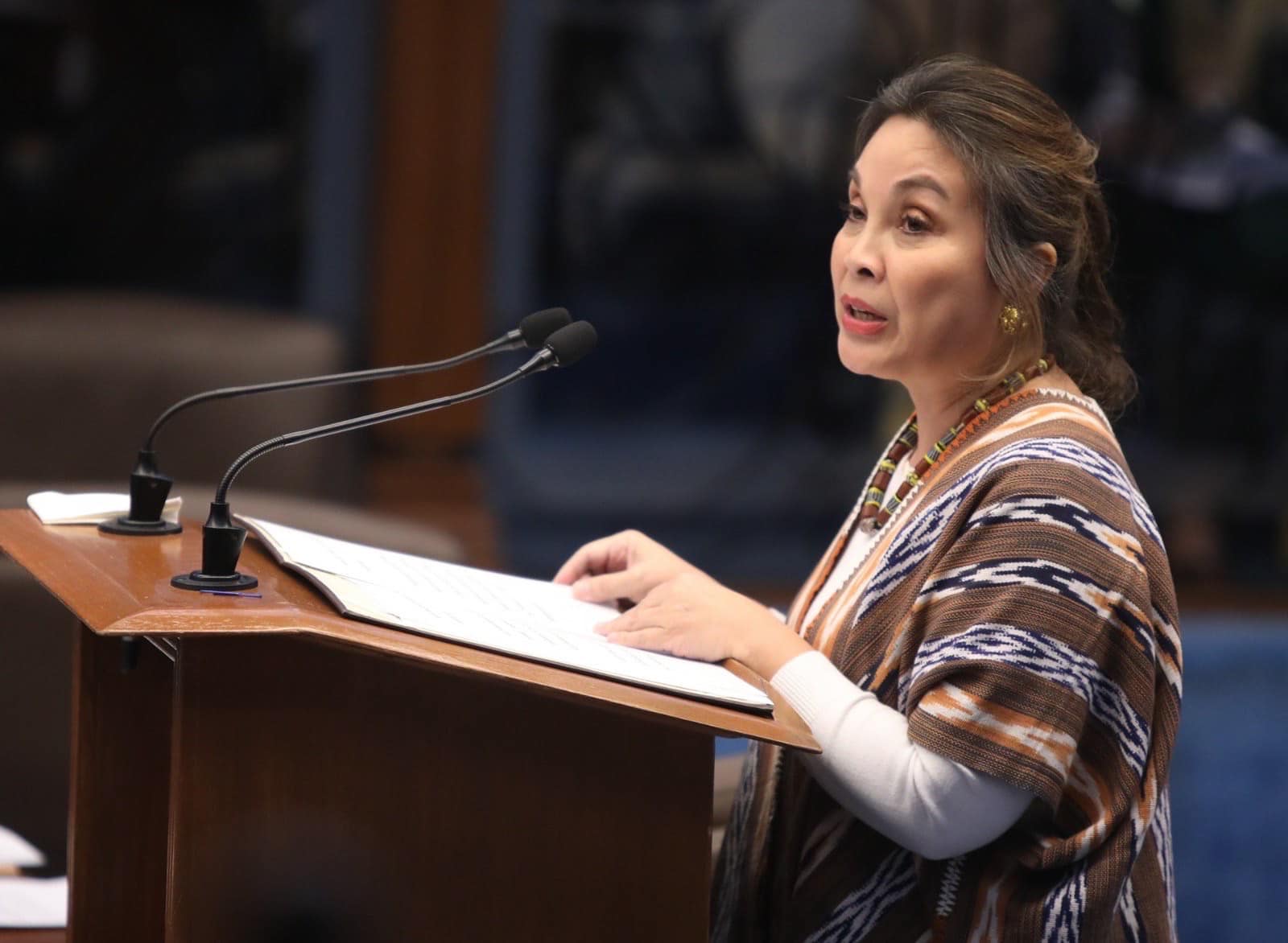PASAY CITY -- Senate President Pro Tempore Loren Legarda urges leaders in government and the private sector to listen to science and heed the call for deep, rapid, and sustained greenhouse gas (GHG) emissions reduction in order to avert the worst of the climate crisis.
“The science is clear that we have to act with much more urgency than before. I urge all leaders in government and the private sector, we have to ensure that our vulnerable communities and natural ecosystems are able to adapt to the climate crisis, and we have to stop relying on fossil fuels. Let’s heed the call for rapid emissions reduction and enable a resilient future for all,” Sen. Legarda said.
Based on the latest Synthesis Report of the Intergovernmental Panel on Climate Change (IPCC) shows that human-caused global warming has breached 1.1 degrees Celsius since the 1850s and that climate change is causing widespread and rapid changes in the environment, leading to deadly floods, destructive storms, and raging fires and undermining public health, food security, and water supply.
While there has been progress in GHG emissions reductions found across 18 countries, the IPCC reported that the pace and scale of what has been done so far, as well as current plans, may be insufficient to prevent an overshoot past 1.5 degrees Celsius, the critical threshold for vulnerable countries.
Senator Legarda notes that while the IPCC report is alarming, keeping global warming to the agreed threshold of 1.5 degrees Celsius in the Paris Agreement is still entirely possible and that the solution lies in climate-resilient development. This includes the deployment of renewable energy, low-emission technologies, and clean transport solutions—all of which reduce or avoid GHG emissions and provide co-benefits for people’s health such as better air quality.
She also shared the IPCC’s view that political commitment, increased climate financing, enhanced technology innovations, and international cooperation are critical enablers for accelerated climate action.
“We are in the most crucial decade to respond to the global climate emergency. We have to ensure that the window of opportunity to secure a livable and sustainable future does not close on us. The solutions to avert this climate crisis are already available, and it’s just a matter of exercising our political will to actually decide and implement these solutions. Our decisions and actions now will determine the fate of our children and our future,” Legarda said.
The Intergovernmental Panel on Climate Change is the United Nations body for assessing the science related to climate change. IPCC reports, which are reviewed by thousands of climate experts from 195 member-states, provide political leaders with periodic scientific assessments about climate change. (OSLL)





